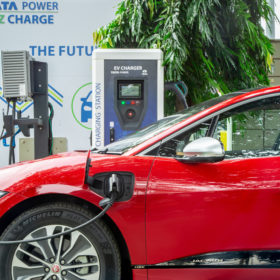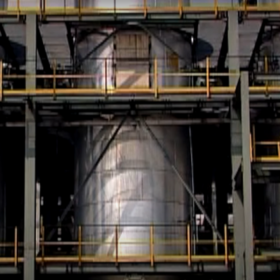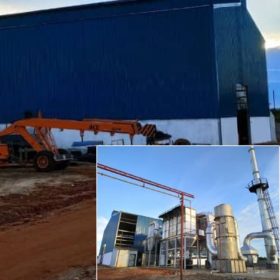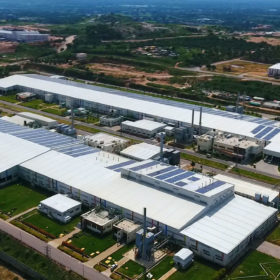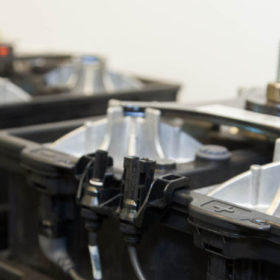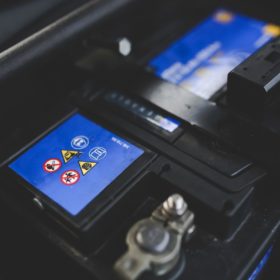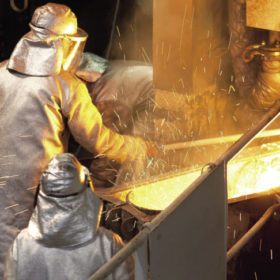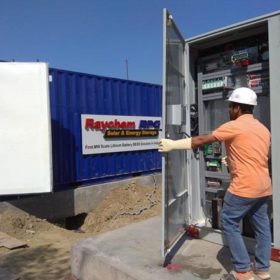India’s EV sales to annually surge 49% in 2021-30 period, says IESA
A new India Energy Storage Alliance (IESA) report projects electric vehicle sales to grow by as much as 49% per year to 17 million units by 2030, with electric two-wheelers accounting for almost 88% of total demand.
Birla Carbon to launch energy storage solutions
The carbon black solutions manufacturer will launch its Conductex i and Conductex e range of products for lithium ion and lead acid battery applications at The Battery Show Europe 2021. With this launch, it aims at reaching out to energy storage market customers in Europe and globally.
Gravita Group enhances lead recycling capacity at Africa plant
The Jaipur-headquartered company carries out smelting of lead ore, lead concentrate, lead battery scrap, and aluminum scrap to produce secondary lead metal and aluminum ingots.
Amara Raja Batteries to reposition itself as an energy and mobility player
The Indian lead-acid battery major would form a new strategic business unit for lithium cells and battery packs, electric vehicle (EV) chargers, energy storage systems, and other related products and services as it looks to reposition itself as an energy and mobility player.
Battery major Amara Raja plans 50 MW solar plant
The Indian automotive battery major has announced the setting up of a 50 MW solar power plant in Chittoor District of Andhra Pradesh. The plant—to be built at INR 220-crore investment—will help reduce the manufacturer’s carbon footprint while lowering its electricity bill. The firm, which has already set up a pilot plant facility for Lithium-ion cell development, is also mulling investments into energy storage for the renewables sector.
Covid-19 impact on India’s energy storage industry
The onset of Covid-19 has brought into focus the critical importance of indigenization and localization of battery cells as a series of disruptions in the supply chain for Li-ion batteries will also affect Indian electric vehicles and stationary energy storage market.
Recycling lead-acid batteries for perovskite solar cell manufacturing
Researchers from China are proposing to use spent battery lead for creating a perovskite that can be used in the production of solar cells that are based on this promising material. The proposed one-step process, which was tested in the production of a 17.38% efficient perovskite heterojunction cell, is said to be cheaper and less energy-intensive than other recycling processes for waste lead from lead-acid batteries.
Environment ministry releases draft version of battery waste management rules
Establishment of an R&D cell for battery recycling and online tracking of the collection and re-processing of used batteries are highlights of the draft rules which seek to ensure safe disposal and organized recycling of batteries at the end of their life.
BHEL wins battery energy storage system order for Delhi discom-TERI pilot
By offering 410 KWh of cumulative battery capacity for a total cost of Rs2.51 crore, the state-owned engineer and manufacturer emerged winner in the auction which saw overwhelming response from both Lithium-ion and advanced lead-acid storage providers.
Now Europe is pushing domestic battery manufacturing plans
EU industry body EUROBAT has called for the bloc to adopt a battery industrial strategy and has pushed the claims of domestic manufacturers in the same manner as India has, as the race hots up to dominate the global energy storage market.
